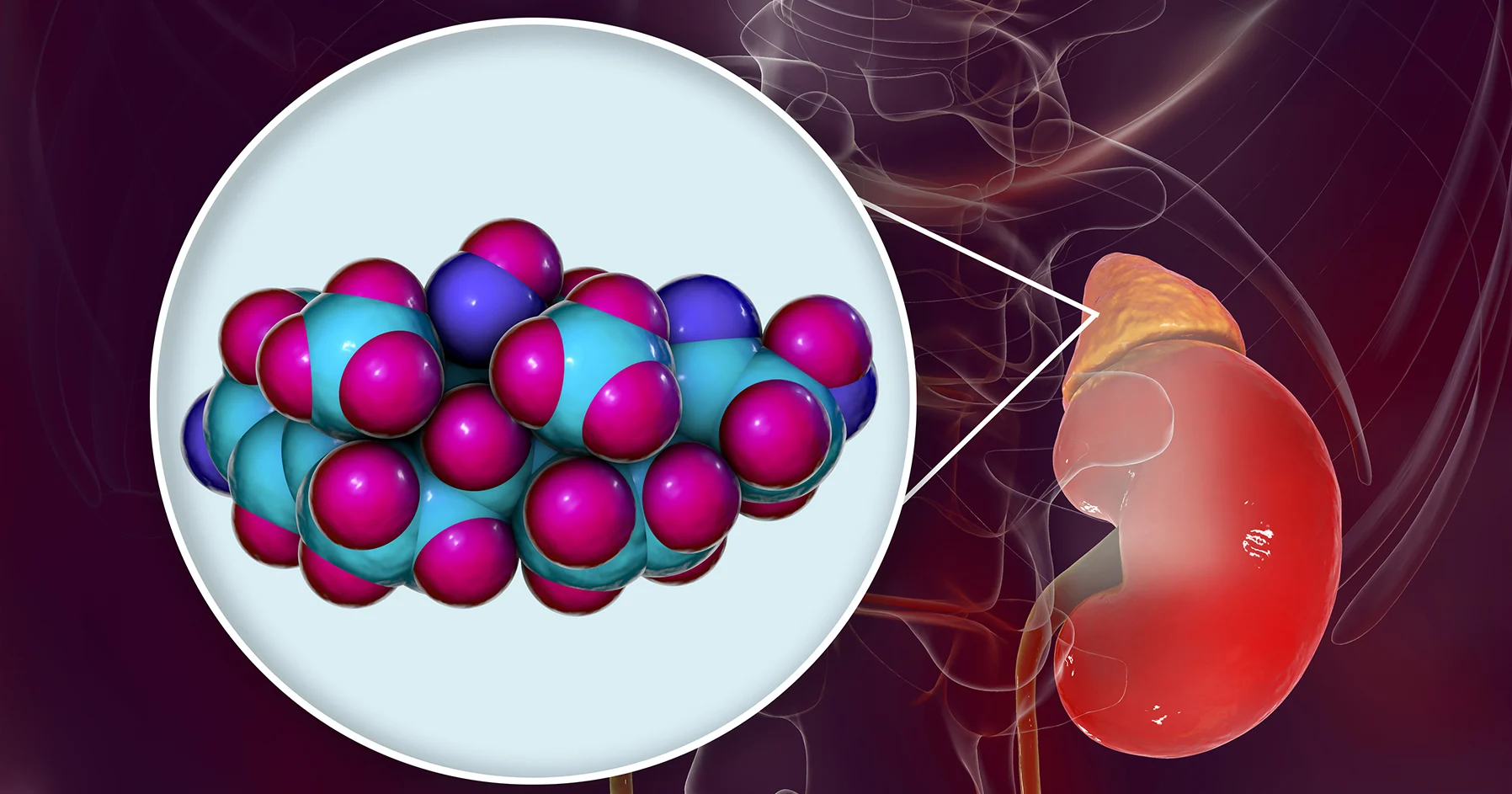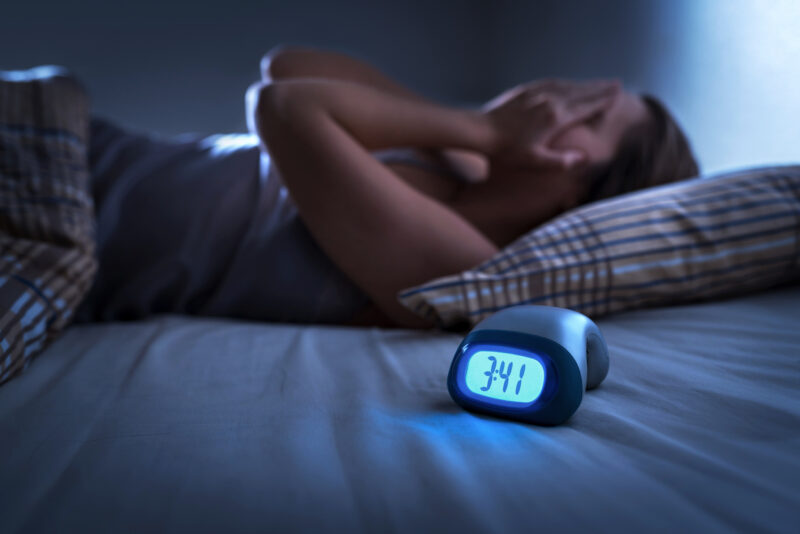The human body responds to mental strain as much as it does to physical demands. Emotional exhaustion doesn’t just affect mood or productivity. It can wear down organs, weaken immunity, and distort hormone balance. Long-term stress often hides in plain sight, disguised as symptoms many ignore or blame on other causes.
Those signs should never be brushed off.
The Hidden Connection Between Emotions and Physical Symptoms
Fatigue is not always about lack of rest. In many cases, it comes from carrying too much emotional weight for too long. The nervous system reacts to stress as if the body is under attack, pumping out cortisol and other stress hormones. Over time, this response stops being useful and starts doing harm.
Muscles tense up. Sleep breaks down. Blood pressure stays high even in rest. When emotional pressure becomes a daily norm, the body adapts by producing warning signals. Those signs usually come in waves—subtle first, then disruptive.
One major factor many overlook is thyroid function. Hormonal shifts from long-term stress may contribute to thyroid disorders, which can mimic or worsen emotional exhaustion. A reliable way to check this is through a thyroid stimulating hormone test. This simple at-home test detects if TSH levels are within healthy ranges, helping identify hidden causes behind unexplained fatigue, anxiety, or mood shifts. Results come fast and allow users to take further action based on real data—not guesses.

How Chronic Stress Impacts Daily Energy Levels
Tiredness that doesn’t improve with sleep could point to emotional exhaustion. When the brain stays in fight-or-flight mode, deep rest becomes nearly impossible. Cortisol interferes with melatonin, the hormone needed for quality sleep. That imbalance leaves the body restless at night and drained during the day.
Energy slumps may grow worse in the afternoon, even after a full night’s sleep. Simple tasks begin to feel heavy. Coffee stops helping. Focus slips. And all of it feels random. But it’s not.
The link between emotional stress and chronic fatigue is well-documented. The solution is not always a nap. Often, it requires stepping back and facing what is causing mental overload in the first place.
Physical Signs That Shouldn’t Be Ignored
Many people overlook or explain away the early physical signs of emotional wear.
Common signals include:
- Persistent headaches without clear triggers
- Digestive issues like bloating, cramps, or nausea
- Tension or tightness in the shoulders, back, or jaw
- Skin flare-ups, breakouts, or dull complexion
- Shortness of breath or chest tightness
- Cold hands and feet despite normal temperatures
Each of these symptoms can seem isolated, but together they build a pattern. That pattern often points to prolonged emotional strain that the body is no longer able to hide.
Why Hormones Start Misfiring Under Pressure
When emotions stay bottled up or unmanaged, hormones suffer. Cortisol levels spike and stay high. Over time, that weakens the immune system, slows metabolism, and disturbs reproductive health. For women, irregular periods or worsened PMS are red flags. For men, energy dips and muscle loss may occur.
Thyroid, adrenal, and reproductive hormones work in a delicate rhythm. Stress disturbs that balance. The longer it goes unchecked, the harder it is to reset the system naturally.
Sleep, diet, and exercise help—but not if the root cause remains untouched.

Emotional Exhaustion in the Gut
There’s a strong nerve pathway linking the brain and digestive tract. It’s called the vagus nerve. When emotional stress becomes too much, the gut feels it. That’s why some people lose appetite when anxious, while others overeat or crave sugar.
Irritable bowel symptoms often rise during times of emotional strain. Diarrhea, constipation, or sudden bloating can all be triggered by mental fatigue. Stress can also weaken stomach acid levels, leading to poor nutrient absorption.
Gut health doesn’t just affect digestion. It plays a central role in mental clarity, focus, and mood. Protecting the gut begins with reducing emotional overload—not just taking probiotics.
The Role of Movement in Releasing Stored Stress
Physical activity is more than fitness. It helps process emotions stored in the body. During high-stress phases, the body traps tension in joints and muscles. Exercise moves that energy. Walking, yoga, or strength work helps shift the nervous system out of survival mode.
But movement should feel nourishing, not punishing.
Overtraining while emotionally exhausted backfires. Instead, slow, consistent movement supports hormone balance, especially when paired with breath control.
The goal is not performance. It’s an emotional release and body awareness.
Sleep Problems That Signal Emotional Burnout
Trouble falling asleep, waking at 3 a.m., or feeling unrested after full nights may be linked to emotional exhaustion. The brain struggles to shut down when overloaded. Racing thoughts or tension in the chest often prevent full relaxation.
Sleep trackers can’t always measure what matters most—mental peace. If good habits don’t lead to better rest, deeper causes need to be addressed.
Setting boundaries with work and screens, and using bedtime routines that promote calm (like magnesium, stretching, or journaling), can help—but only if emotional pressure gets acknowledged.

Final Thoughts
Emotional exhaustion doesn’t always look emotional. It hides behind physical issues. It confuses both patients and doctors when it stays masked for too long.
But bodies are not silent. They speak through patterns. When those patterns show up, they deserve to be seen.
Healing begins when people take their own signals seriously—before burnout, before breakdowns, before chronic illness sets in. Every headache, gut flare-up, or sleepless night carries a message.
The sooner it’s heard, the sooner things improve.

